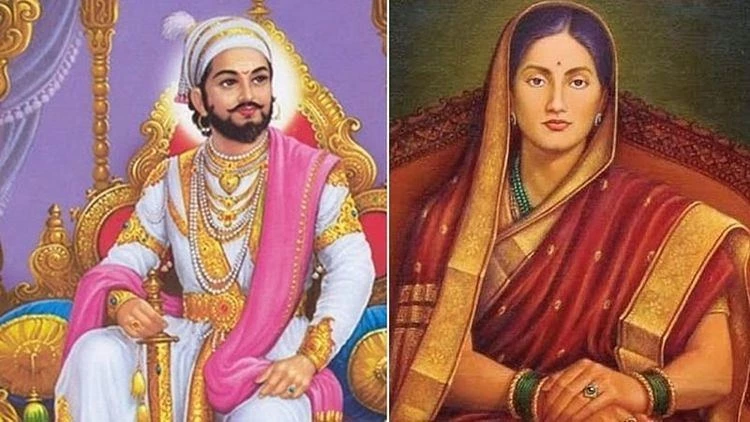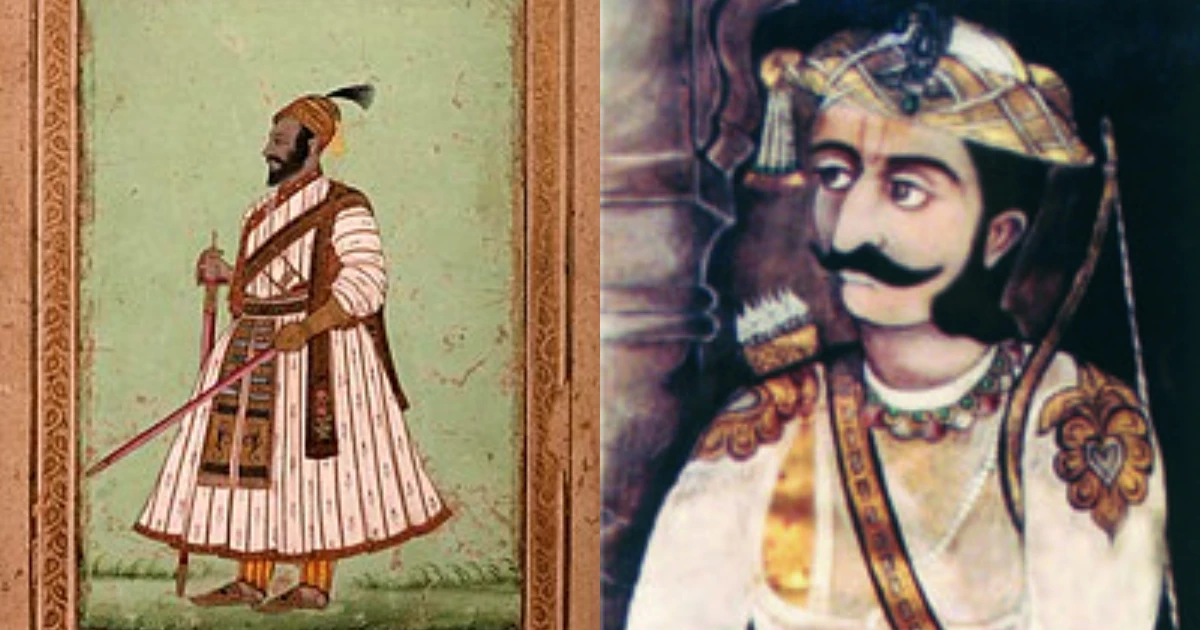Who was the Bhai Bhonsle? The term “Bhai Bhonsle” refers to a member of the Bhonsle family, a prominent group within the Maratha clan system. This family has produced several notable ps in Indian history, including Chhatrapati Shivaji, the founder of the Maratha Empire.
Key Takeaways:
- The term "Bhai Bhonsle" identifies a member of the Bhonsle family, a key p within the Maratha clan, with Chhatrapati Shivaji, the Maratha Empire's founder, being its most renowned member.
- Originating in the 16th century with Maloji Bhosale, the Bhonsle family's ascendancy under Shivaji's leadership significantly diminished the Mughal Empire's dominance, marking a new era of Maratha supremacy in India.
- Beyond Shivaji's era, the Bhonsle dynasty's influence persisted across various Indian states, playing a pivotal role until the 19th century, with their legacy enduring in India's historical and cultural narrative.
Who Was The Bhai Bhonsle?

The Bhonsle family, to which the term “Bhai Bhonsle” refers, has a rich and complex history that spans several centuries. This family is a prominent group within the Maratha clan system, a socio-political structure that played a significant role in the history of India.
The Bhonsle family’s origins can be traced back to the 16th century, with Maloji Bhosale, a predominant general of Malik Ambar, being recognized as the founder. The family rose to prominence under the leadership of Chhatrapati Shivaji, who established the Maratha Empire in the 17th century.
Shivaji’s rule marked the beginning of a period of Maratha dominance in India, which saw the displacement of the Mughal Empire as the preeminent political and military power in the region. The Maratha Empire, under the Bhonsle family, extended its influence over large parts of the Indian subcontinent.
Following Shivaji’s reign, the Bhonsle family continued to play a significant role in Indian history. For instance, Raghuji Bhonsle of Berar founded a dynasty. This dynasty, which included eight rulers, held power in Nagpur, in present-day Maharashtra state, and was a leading force in the 18th-century Maratha confederacy.
The Bhonsle family’s influence extended to several states in India, including Sawantwadi, Thanjavur, Kolhapur, Nagpur, Satara, and Akkalkot. Each of these states has its own unique history and cultural heritage, shaped in part by the rule of the Bhonsle family. The family remained a significant political force until the 19th century, when they became British clients following the Third Anglo-Maratha War. Despite this, the family’s legacy continues to be remembered and celebrated in India today.
Other Facts on The Bhai Bhonsle

The Bhonsle family's impact and legacy reach well beyond the era of Chhatrapati Shivaji, with a history rich in leadership and influence. Here's a closer look at the Bhonsle family:
- Maloji Bhosale: The roots of the Bhonsle family trace back to Maloji Bhosale, a key general under Malik Ambar, who founded the Bhonsle lineage.
- Raghuji Bhonsle of Berar: In 1730, Raghuji Bhonsle of Berar established a dynasty. This lineage included eight rulers who governed Nagpur in what is now Maharashtra. They played a pivotal role in the Maratha confederacy of the 18th century.
- British Clients: From 1818 to 1853, the Bhonsle family were allies of the British, maintaining their influence across several Indian states during this period.
- Bhonsle States: The Bhonsle's reach extended to various states in India, such as Sawantwadi, Thanjavur, Kolhapur, Nagpur, Satara, and Akkalkot. Each state boasts a distinct history and culture, significantly shaped by the Bhonsle rule.
- Caste Origins: Some scholars suggest the Bhonsles originated from the Shudra caste, specifically the Deccani tiller-plainsmen, aligning with the Marathas/Kunbis, a broad class-group.
- Current Heads: Today, the Bhonsle family is represented by several branches, including Udayanraje Bhosale of Satara, Shahu II of Kolhapur, Khem Sawant VI Bhonsle Bahadur of Sawantwadi, Sumitrabai Raje Bhonsle of Akkalkot, Shivaji Rajah Bhosle of Thanjavur, and Raje Mudhoji Bhosale III of Nagpur.